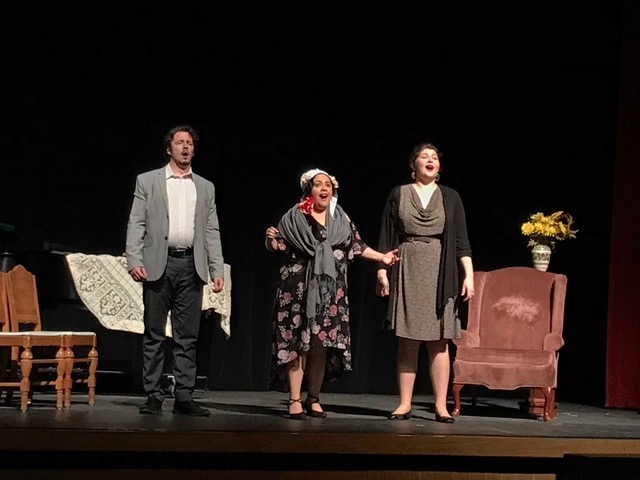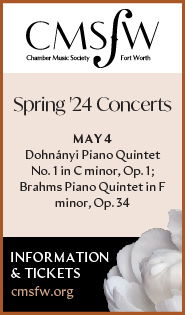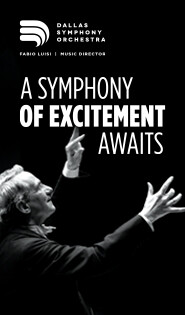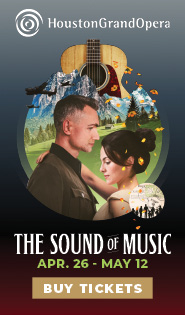Opera in Concert scores with a zarzuela take on “Barber of Seville”

Opera in Concert performed “El Barbero de Sevilla” Thursday night at the Latino Cultural Center. Photo: Laurie Lindemeier
Opera in Concert continued its exploration of the byways of chamber opera Thursday night at the Latino Cultural Center, this time with El Barbero de Sevilla—Manuel Nieto and Geronimo Gimenez’s zarzuela of 1901, set to a libretto by Guillermo Perrin, Vico de Palacios, and Miguel de Palacios.
Yes, you read that right: same title, except in Spanish, as Rossini’s quintessential bel canto comedy, Il barbiere di Siviglia.
Zarzuela is the operetta-style genre of the Spanish-speaking world, popular in the late nineteenth and early twentieth century; it flourished in the urban centers of Spain and Latin America contemporaneously with the light-hearted romps of Offenbach and Gilbert and Sullivan. Although the zarzuela genre encompasses a wide range of subject matter and treatment, Nieto and Gimenez’s El Barbero is a one-act miniature, matching a romantically comical (and somewhat unlikely) plot with a sophisticated musical style and considerable vocal demands.
That plot features an aspiring young soprano, Elena, whose operatic ambitions are supported by her mother Casimira, her singing teacher Cesare, and her fiancé Ricardo. Her proud, patriarchal father Nicolas, however, forbids a theatrical career. Unbeknownst, however, Nicolas is having an affair with an operatic diva, and Ricardo, while posing as an “agricultural engineer,” is also pursuing an operatic career. Twenty-first-century audiences may have a bit of trouble with a family scenario in which father’s word is final—as well as that the father’s main concern is not about the damage his affair may be doing, but the chance that he will get caught. It was obviously a very different time and place.
The two plot-lines collide when all parties find themselves in the backstage of a theater for a production of the Rossini masterpiece, with predictable mistaken identities, disguises, subterfuge, and, of course, the come-uppance of the philandering father and the triumph of young love.
Several fine and complex ensemble numbers and one outstanding aria decorate the comedy, as well as lots of quotations from Italian operas of the nineteenth century. The audience for this in 1901 Madrid was clearly sophisticated and knowledgeable about the operatic repertoire of the day.
Renowned opera veteran Edward Crafts, the guiding artistic force of the Opera in Concert organization, put together, as always, a strong cast of young singers from the north Texas region for the production. Crafts took the mostly spoken part of Nicolas, skillfully and playfully enlivening the role of domineering dad and cheating hubby.
The most challenging role of the evening, that of Elena, fell to soprano Judith Rodriguez, who displayed a solid tone with an impressive flexibility in the Rossini-style aria “Me llaman la Primarosa.”
Soprano Josefina Maldonado had her moment to shine as the conceited diva in her waltz-like aria in the second scene, in which she likewise demonstrated an impressive combination of substantial vocal quality and bel canto acrobatics.
Joseph Canuto Leon brought a smooth baritone as the fiancé Ricardo, while bass-baritone T. Hastings Reeves produced muscular energy and comic intensity as the singing teacher Cesare. Mezzo-soprano Hannah Cineseros was vocally and dramatically commanding as the stage mother.
Stephen Dubberly, music director of opera at the University of North Texas, held the momentum together neatly from the onstage piano. Very minimal sets and modern-day costumes worked beautifully to showcase the simple comedy and well-crafted score.
Spoken dialogue was delivered in English, in a lively translation by Dubberly, while the sung portions were in Spanish, providing a combination of vocal integrity and comprehensibility for this operatic rarity.


